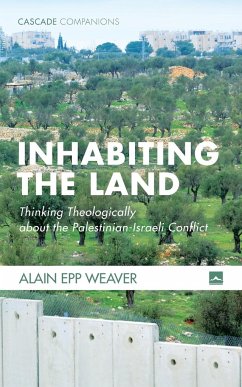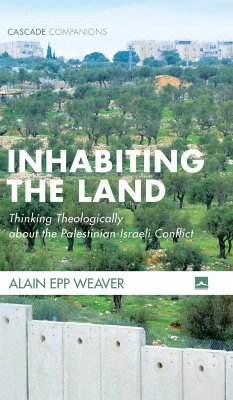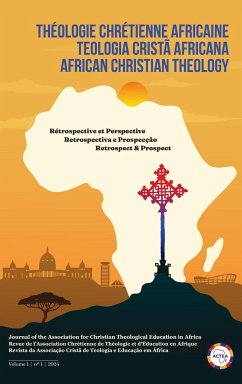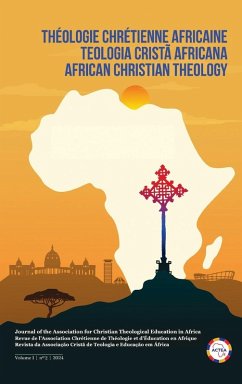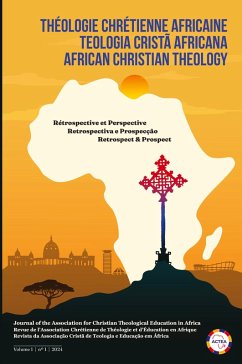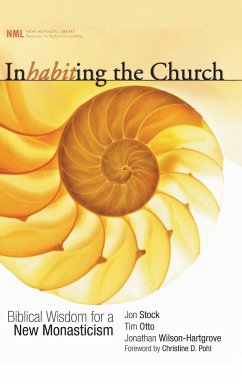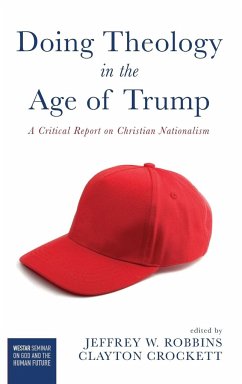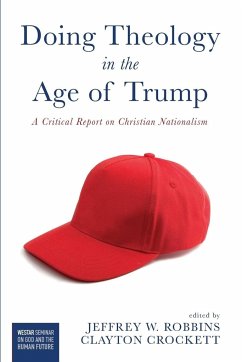What does it mean to inhabit the land of Palestine and Israel justly? How should Christians understand the Palestinian-Israeli conflict? Alain Epp Weaver examines answers to these questions, paying particular attention to the theologies of sumud, or steadfastness, advanced by Palestinian Christian theologians, while also presenting other Christian, Jewish, and Muslim responses. Contextualizing these theologies within Palestinian and Israeli Jewish histories, Epp Weaver introduces readers to the intertwined histories of Zionism (as a movement to establish a Jewish state and renew Jewish life in the biblical land of Israel) and Palestinian nationalism. He also situates Palestinian Christian theologies within broader Christian conversations about election, God's enduring covenant with the Jewish people, and Zionism. In the face of a politics of separation and dispossession, Epp Weaver contends, Palestinian Christian theologies testify to the possibility of a shared polity and geography for Palestinians and Israeli Jews not defined by walls, militarized fences, checkpoints, and roadblocks, but rather by mutuality and reconciliation.
Hinweis: Dieser Artikel kann nur an eine deutsche Lieferadresse ausgeliefert werden.
Hinweis: Dieser Artikel kann nur an eine deutsche Lieferadresse ausgeliefert werden.

